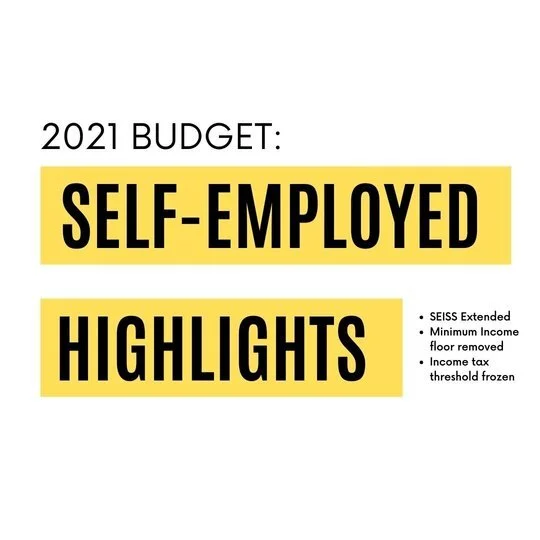How the Spring Budget Affects the Self Employed
The spring budget is typically announced by the UK government in March each year and includes updates on tax, national insurance, and other economic policies.
More articles on the 2023 Spring Budget
We have produced a number of articles on the spring budget that you can find below:
Background
In general, the budget can have an impact on the self-employed depending on any changes made to tax rates, allowances, and other policies. These changes can affect the amount of tax that the self-employed have to pay, their access to financial support, and their ability to invest in their business.
The energy price cap increase is going ahead in April. This means that businesses will receive a discount on wholesale prices of gas and electricity rather than a fixed price. If a self-employed individuals operate a business that uses a significant amount of energy, such as a manufacturing or production facility, a discount on wholesale prices could potentially lead to a cost savings. On a negative side, a discount on wholesale prices could also potentially lead to higher energy bills if prices increase unexpectedly. This could be particularly concerning for self-employed individuals who may have limited cash flow and may struggle to pay higher energy bills.
Tax on Pensions
The tax on pensions is changing. The chancellor Jeremy Hunt, has announced that the pensions Lifetime Allowance will be abolished. This could have different effects on the self-employed. The abolition could mean that individuals who have built up substantial pension savings would no longer face punitive tax chargers if they exceed the Lifetime Allowance (LTA)
On the negative side, the abolition of the LTA could potentially lead to increased tax bills for those with smaller pension savings. This is because the current system allows individuals to benefit from tax relief on pensions contributions, up to certain limits, and the LTA acts as a cap on the amount of tax relief that can be claimed.
corporation Tax
The Chancellor confirmed that the main corporation tax rate will increase from 19% to 25 with effect from 1 April 2023. Since self-employed people frequently don't use a limited company structure, which is liable to corporation tax, this increase is unlikely to directly affect them. Instead, the income tax system is typically used to tax the earnings of self-employed people. However, based on the broader economic effects of the tax increase, there might be some indirect effects on those who are self-employed. These are:
Government support - Increased government income from the higher corporation tax could conceivably be used to pay for self-employment assistance programmes. The government could, for instance, use the extra tax revenue to finance training initiatives, business loans, or other forms of assistance for independent contractors.
Costs of goods and services - Self-employed people who depend on those products or services to run their company may be impacted if businesses pass along the increased tax costs to consumers in the form of higher prices. For instance, if the price of raw materials rises, this may have an effect on the profitability of independent contractors working in the manufacturing or building sectors.
Economic growth - The self-employed market may be negatively impacted if the increase in corporation tax slows economic development. For instance, independent contractors might have a harder time finding new clients or contracts if there is less demand for products and services.
Research and development
Enhanced credits for businesses that have Research & Development as 40% of turnover. Self-employed people may gain from the enhanced credit plan in a variety of ways if it causes businesses to spend more in R&D projects. For example:
Increased demand for services - The desire for specialized services or knowledge in fields like engineering, software development, or product design may rise if businesses increase their R&D spending. The increased demand for their services could possibly be advantageous for self-employed individuals who work in these fields.
Industry growth - If the enhanced credits programme increases R&D spending throughout the economy, this could possibly have a positive impact on other areas of the economy, such as productivity, competitiveness, and economic development. This might improve the environment in which self-employed individuals can run their companies.
Job opportunities - Increased R&D spending may also result in more employment possibilities, especially in sectors like technology, engineering, or pharmaceuticals. This may open up new possibilities for self-employed individuals seeking contract work or project-based assignments.
It is crucial to remember that the impact of the enhanced credits scheme on the self-employed will vary depending on the particulars of their company and the sector they work in
Need More Help?
It is important for self-employed individuals to stay informed about any changes that may affect them and consult with financial experts for advice on how to adapt to these changes. If you need more help regarding the recent changes or anything else that may affect U.K. taxation do not hesitate to contact us.



















We are expert in the complexities and opportunities of tax for photographers. As specialists in accounting for photographers, we save photographers thousands every year by maximising on the unique deductions and reliefs available to photographers.